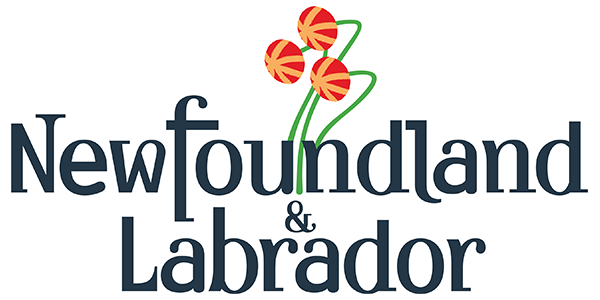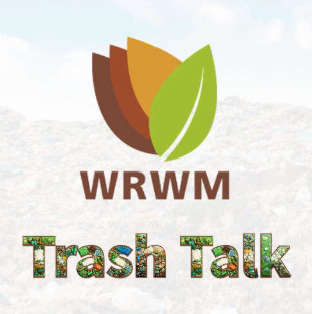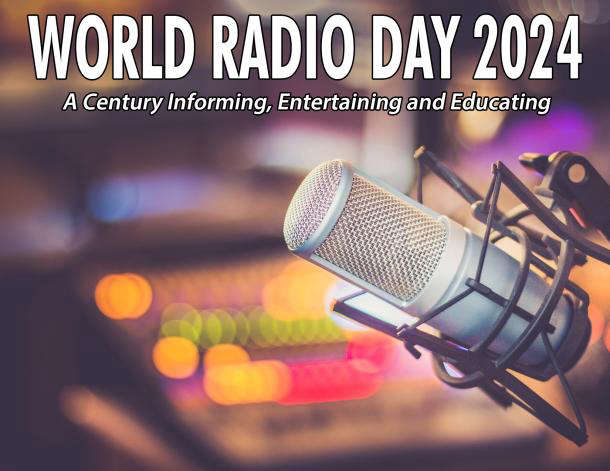
The 2024 observance highlights the history of radio and its powerful impact on news, drama, music, and sports.
Celebrating radio's rich past, ongoing relevance, and promising future is the topic chosen by the United Nations Educational, Scientific and Cultural Organization (UNESCO) to mark World Radio Day 2024 today, February 13.
With radio having crossed the 100-year milestone, it is a significant occasion to commemorate the medium's extensive virtues and continuing potency. However, radio faces challenges to its audience and revenue numbers from digital platforms, social media, digital and generational divides, censorship, consolidations, and economic hardships.
At this special and pivotal point in its century-long journey, UNESCO invites the global radio industry in all its many forms - commercial, public, and non-profit - to join in this global celebration of the medium.
Anticipating the next century of radio
The 2024 observance highlights the history of radio and its powerful impact on news, drama, music, and sports. It also recognizes the ongoing practical value as a portable public safety net during emergencies and power outages, caused by natural and human-made disasters, such as storms, earthquakes, floods, heat, wildfires, accidents, and warfare.
Furthermore, the continuing democratic value of radio is to serve as a grassroots catalyst for connectedness within underserved groups, including immigrant, religious, minority, and poverty-stricken populations.
Background
Proclaimed in 2011 by the Member States of UNESCO and adopted by the United Nations General Assembly in 2012 as an International Day, February 13 became World Radio Day (WRD).
Radio is a powerful medium for celebrating humanity in all its diversity and constitutes a platform for democratic discourse. At the global level, radio remains the most widely consumed medium. This unique ability to reach out the widest audience means radio can shape a society’s experience of diversity, stand as an arena for all voices to speak out, be represented and heard. Radio stations should serve diverse communities, offering a wide variety of programs, viewpoints and content, and reflect the diversity of audiences in their organizations and operations.
Radio is a low-cost medium specifically suited to reaching remote communities and vulnerable people, offering a platform to intervene in the public debate, irrespective of people’s educational level. It also plays a crucial role in emergency communication and disaster relief.
Radio is uniquely positioned to bring communities together and foster positive dialogue for change. By listening to its audiences and responding to their needs, radio services provide the diversity of views and voices needed to address the challenges we all face.
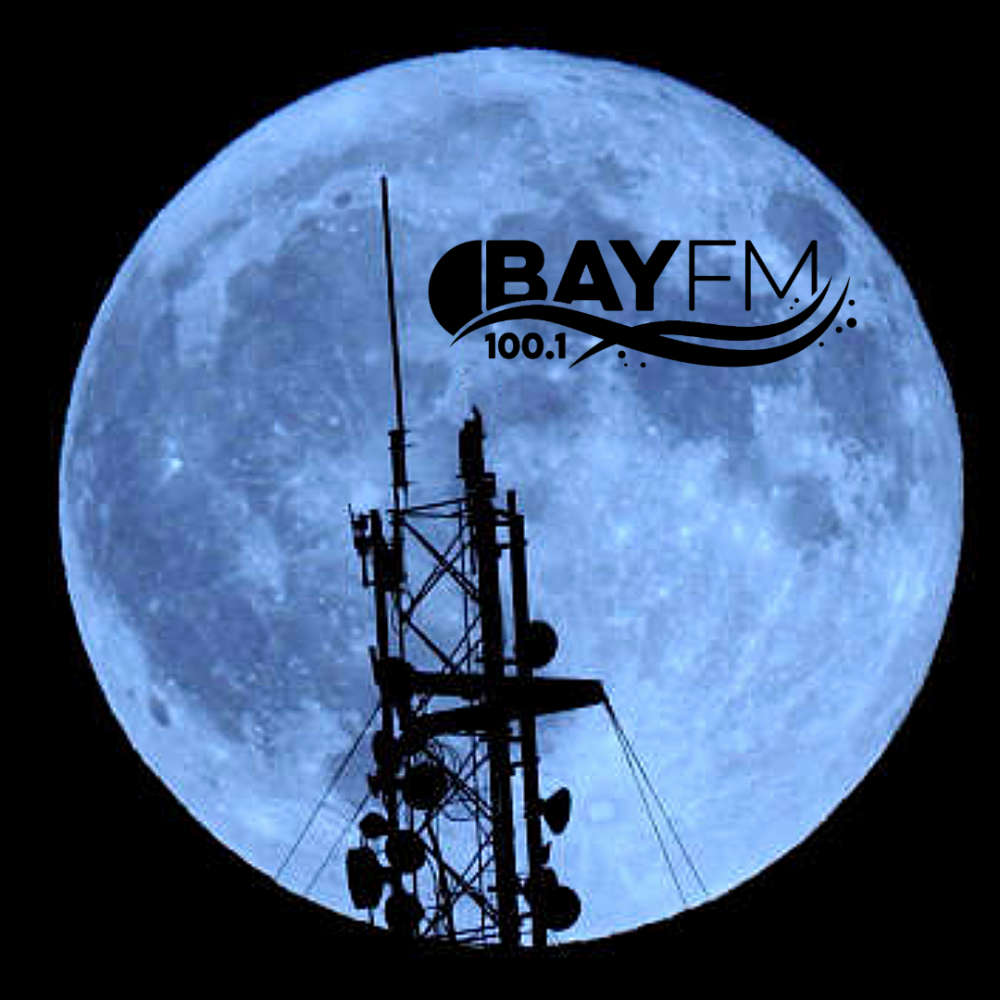
 Funeral arrangements are in place for Nola Roberts of Nola's Trendsetters, who passed away yesterday
Funeral arrangements are in place for Nola Roberts of Nola's Trendsetters, who passed away yesterday
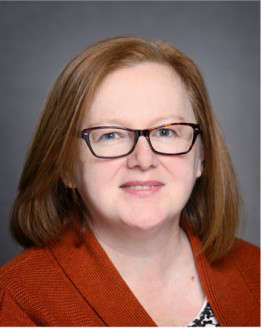 AG's latest report contains 132 recommendations but 57 of them are old
AG's latest report contains 132 recommendations but 57 of them are old
 Lots of Cormorant helicopters will be flying around the west coast during the next week
Lots of Cormorant helicopters will be flying around the west coast during the next week
 Multicultural Food and Craft Fair at the Corner Brook Legion tomorrow
Multicultural Food and Craft Fair at the Corner Brook Legion tomorrow
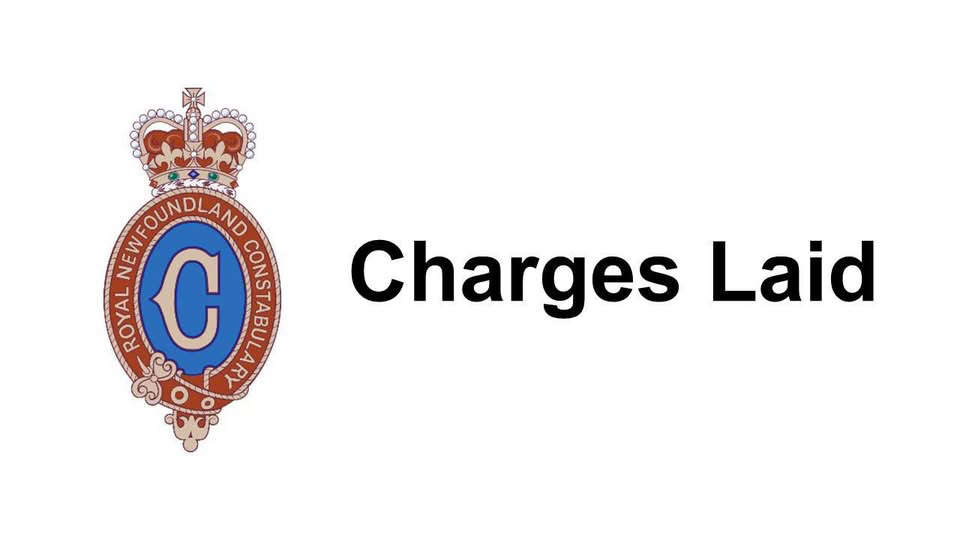 78-year-old McIvers man appears in court charged with attempted murder
78-year-old McIvers man appears in court charged with attempted murder

